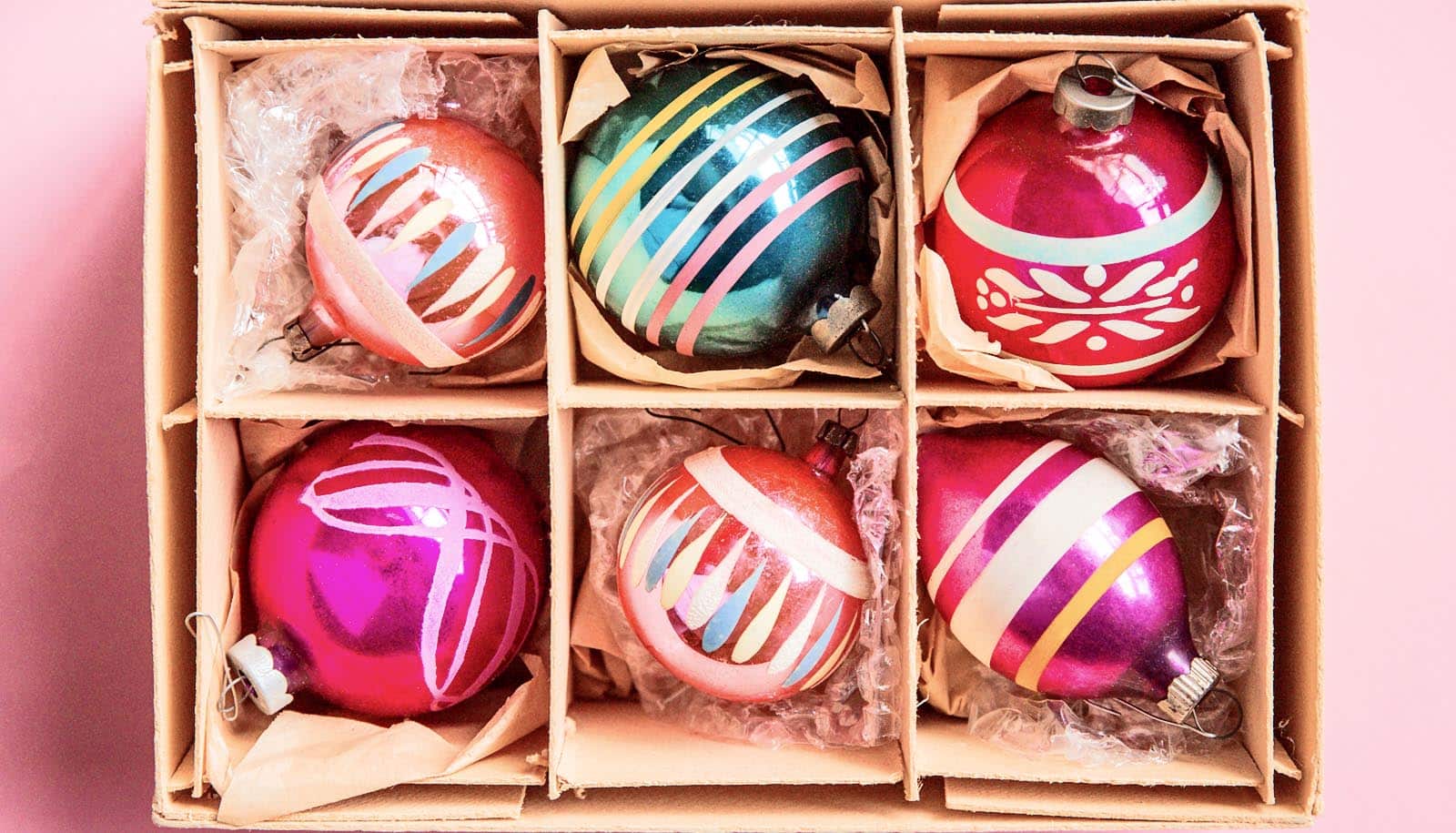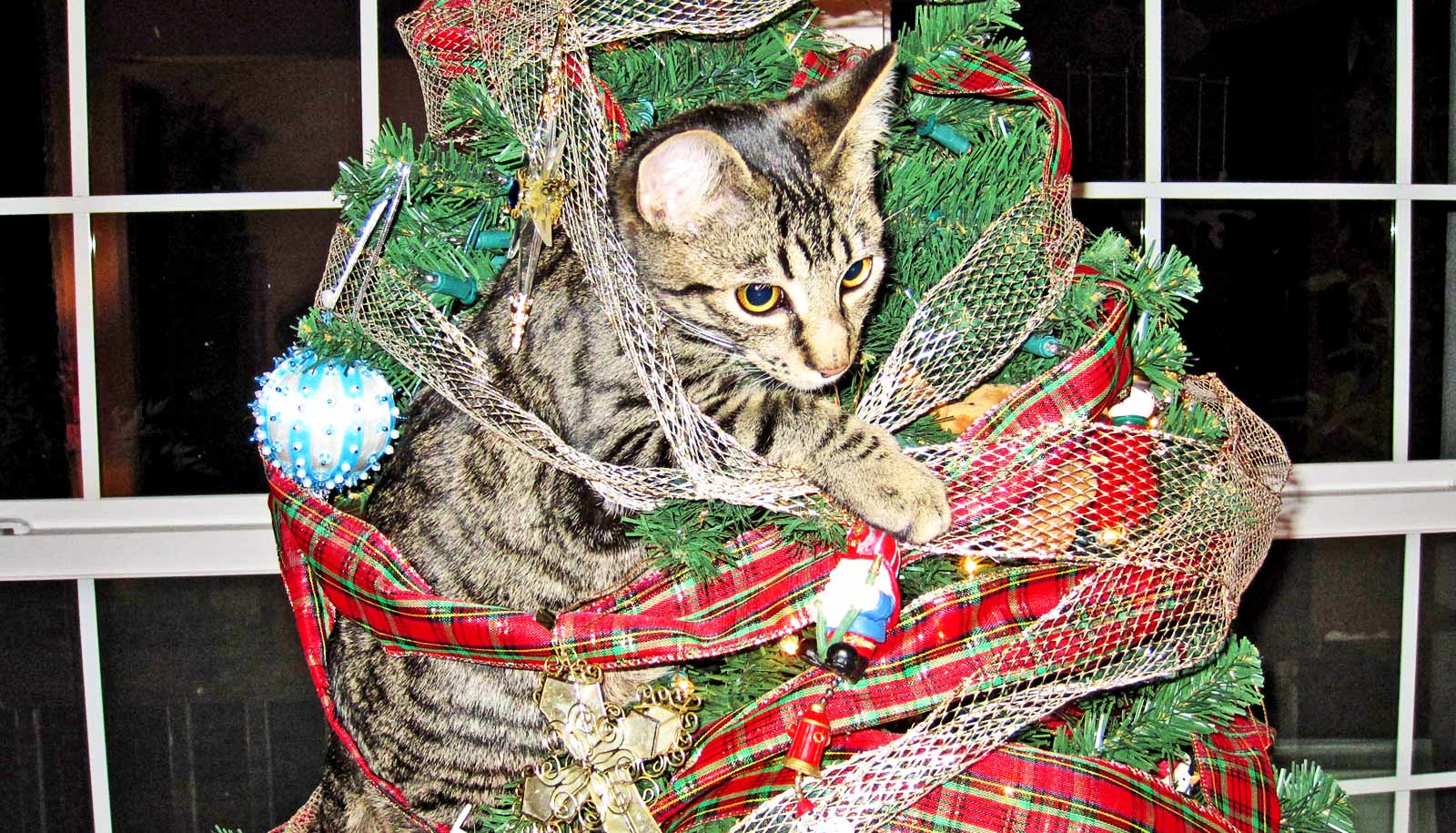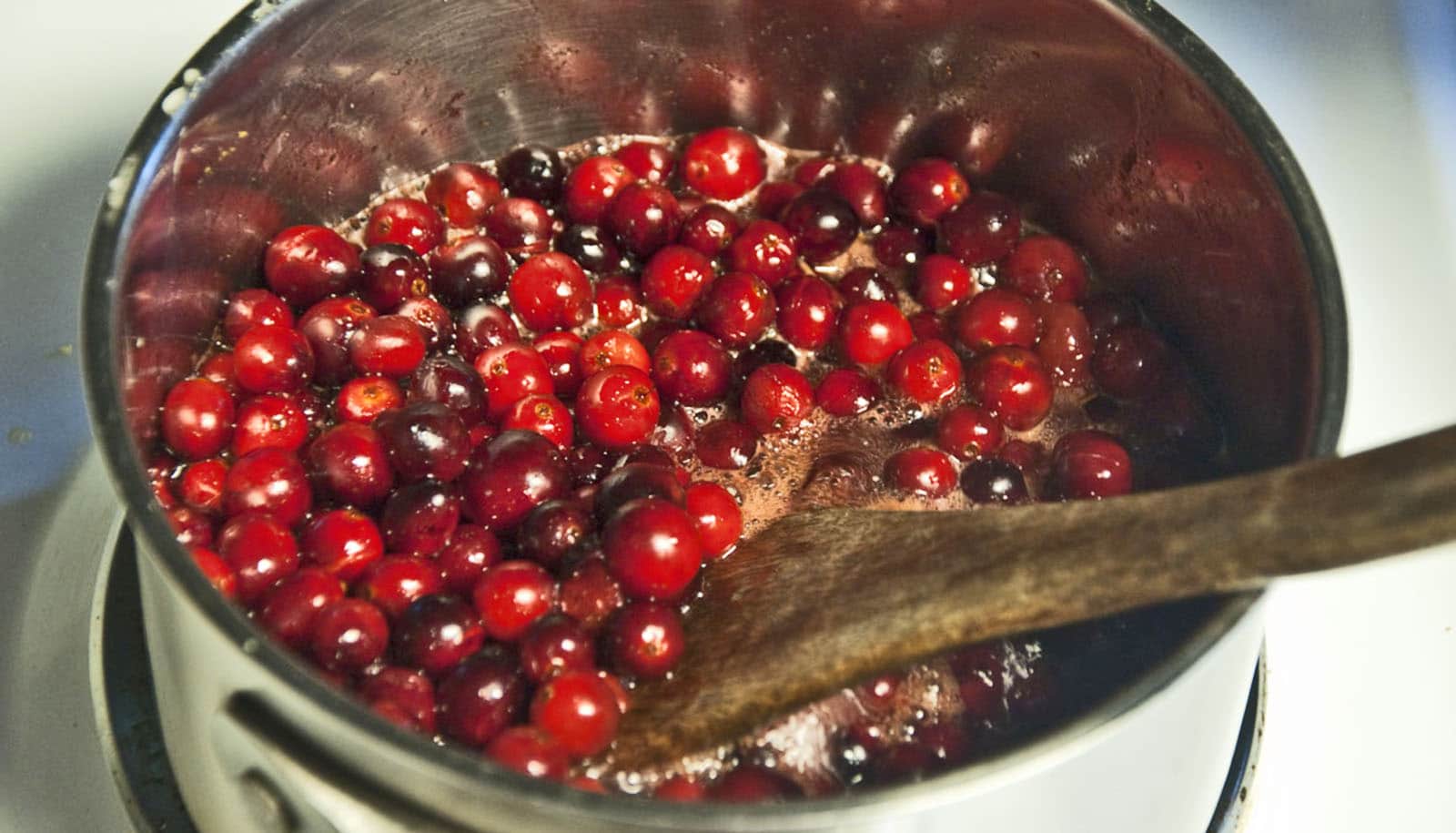Avoiding these holiday hazards can keep your celebrations safe, poison control experts say.
“The holiday season is in full swing, and we’ve already had calls related to accidental exposure to products commonly found at home during the holidays,” says Bruce Ruck, managing director of the New Jersey Poison Control Center at Rutgers New Jersey Medical School. “Seemingly harmless items can cause serious and possible irreversible injuries.”
Decorations, plants, toys, and food are just a few of the many concerns the state’s poison control center has around this time of year. The dangers of some hazards like cleaning products and medicines are well known. Other hazards like carbon monoxide, disc/button batteries, and small magnets hide in homes in plain sight.
Mishaps often happen when we’re busy and not paying attention to what’s happening around us. “It only takes seconds for common, everyday items to go from safe to dangerous,” says Ruck.
Guessing whether it’s a medical emergency, waiting for symptoms to appear, or wasting time searching for medical information online can delay medical treatment and lead to more severe health effects.
Keep the holidays merry and bright. Follow the safety tips below to prevent accidental injury:
- Give guests a safe space (locked up is best) to keep potentially dangerous items, including marijuana edibles, medicines, vaping/nicotine products, and hand sanitizers.
- Use caution with antique ornaments and those not made in the United States. These items may be decorated with harmful lead paint.
- Do not burn wrapping paper/foil, garland, and tinsel. Inhaling the fumes can be harmful.
- Decorate with plants that are not poisonous if you have young kids or pets.
- Many baking extracts contain high levels of alcohol—the same alcohol found in liquor, wine, and beer. Keep extracts out of sight and reach of kids and pets.
- Snow spray should only be used in areas that have good air circulation (outside is best) to prevent inhaling potentially harmful fumes and should be kept away from flames.
- Carbon monoxide (CO) kills hundreds of people every year and makes thousands more sick. Have working CO detectors on every level of your home. If the CO alarm sounds at any time, get out of the house right away and call for help. If you have questions, call your poison control center at 800-222-1222.
- Keep household items that have lithium disc/button batteries (also known as coin batteries) and small magnets out of sight and reach of kids and pets. Both are choking hazards and can cause serious and irreversible damage to internal organs.
- Alcohol poisoning can cause serious illness and lasting health effects. Know how much alcohol you are drinking. Empty unfinished alcoholic drinks especially holiday cocktails, eggnog, and punches to prevent kids and pets from accidentally drinking alcohol.
- Use simple food safety steps to prevent food poisoning, which can cause severe illness. Cooking foods to the right temperature kills germs and prevents people from getting sick. Use a food thermometer to make sure foods are cooked to a safe internal temperature.
- Although water-absorbing gel balls/beads are not toxic, they are extremely dangerous to anyone at risk of swallowing them or sticking them in the ear or nose—young children, people with developmental disabilities, people with dementia, and pets. These products expand to dangerous sizes in the body, causing choking and life-threatening blockages or ruptures of internal organs.
- Keep items dangerous to pets up high and out of sight and reach—chocolate, candy, products containing xylitol (a sugar substitute), bread/dough, fatty meat scraps, raisins/currants, alcohol, medicine, and recreational and illegal drugs. These items can cause serious health effects and death.
If you think someone came in contact with something dangerous, contact your local poison control center immediately. Medical specialists are available to provide information, answer questions, and provide emergency support 24 hours a day. Anyone can call for medical help—children, teens, and adults. Poison control centers are a medical resource for both the public and healthcare providers.
Source: Rutgers University



